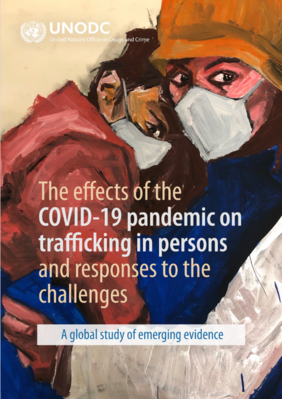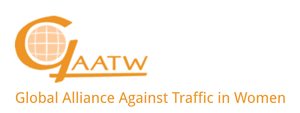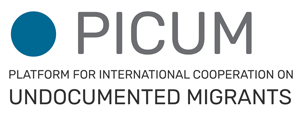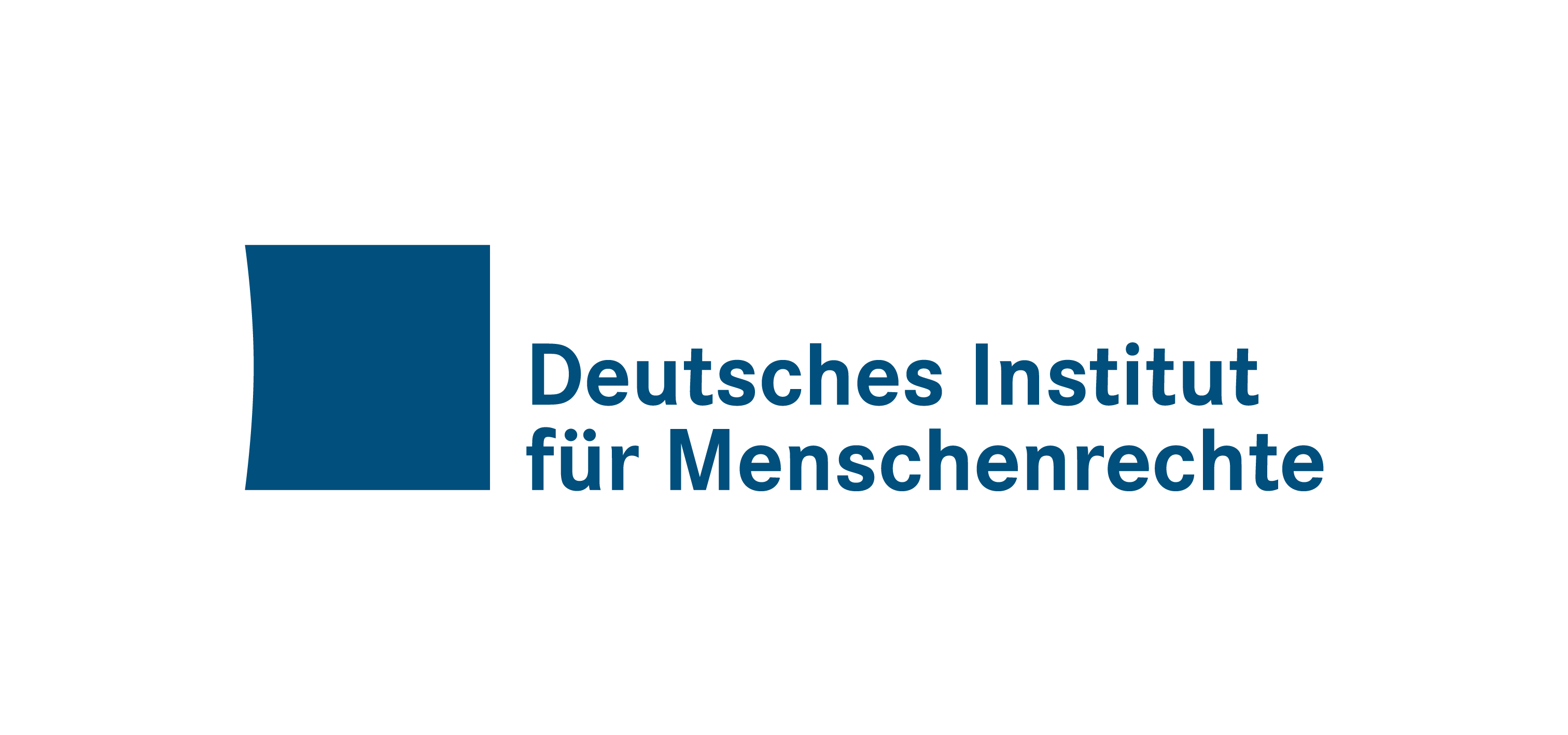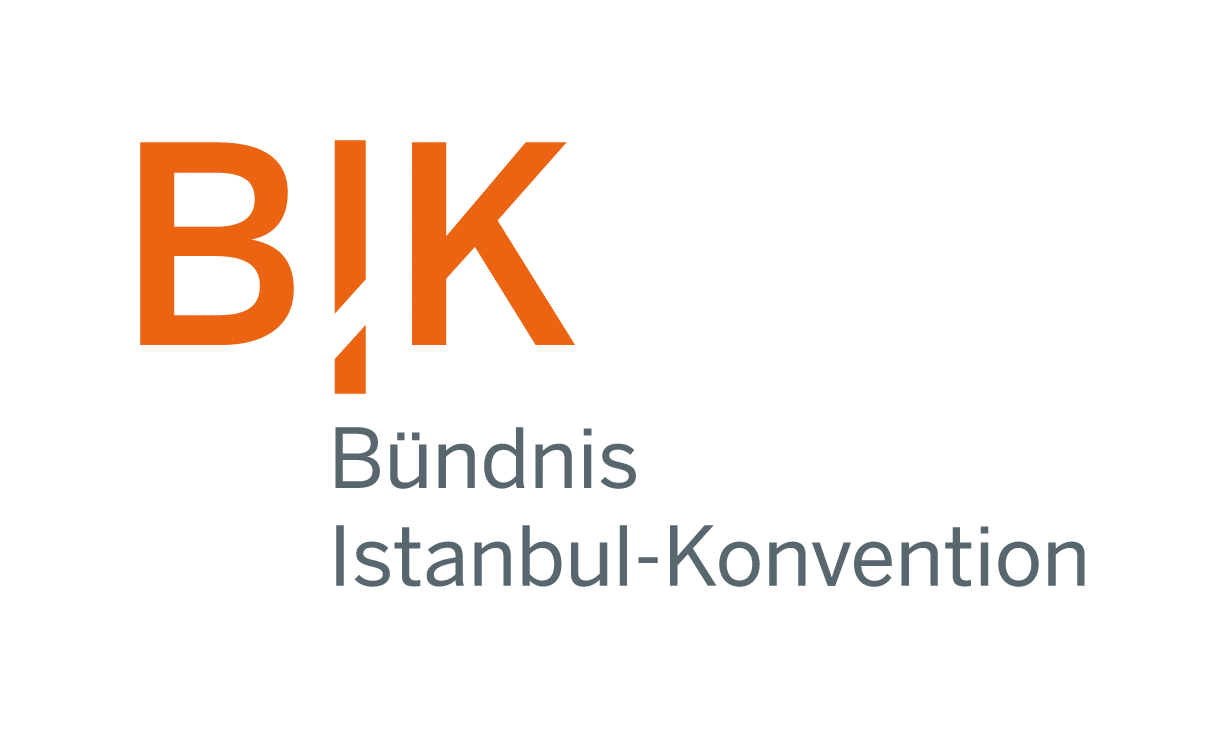In particular, the report examines the impact of the COVID-19 pandemic on (1) the extent and characteristics of trafficking, (2) trafficked persons, and (3) the organisations directly involved (law enforcement, prosecutors, the judiciary, and protection and reintegration services provided by non-governmental organisations (NGOs)). It also examined the various initiatives developed in response to the challenges posed by COVID-19 and highlights promising practices.
In the survey of 121 specialised counselling centres in 49 countries, 37 per cent of respondents noted that traffickers have moved from face-to-face recruitment to online recruitment. 31 per cent of respondents described the shift of sexualised exploitation from known meeting places to private homes. Specialist counselling centres also reported deficits in funding in the area of combating human trafficking. This report also describes successful prevention measures from different countries, such as the buddy programme of an NGO in Nigeria, which brings together former trafficked persons with potential trafficked persons.

